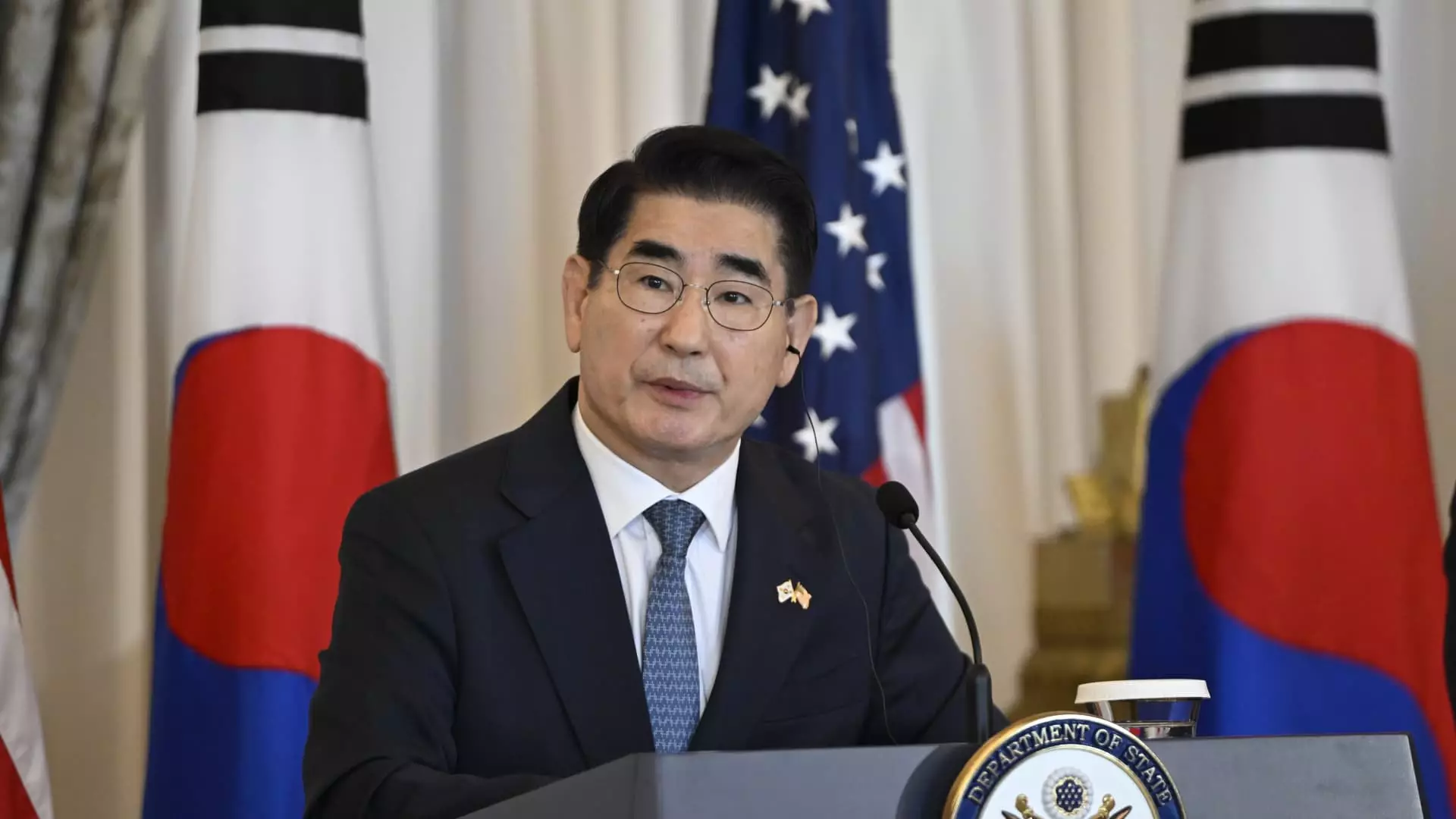In a significant reshuffle within the South Korean government, President Yoon Suk Yeol has accepted the resignation of Defense Minister Kim Yong-hyun. This decision follows a series of controversial events that have led to growing instability in the political landscape. To fill the vacancy, Yoon has nominated Choi Byung-hyuk, currently serving as South Korea’s ambassador to Saudi Arabia, as the new defense minister. Choi, a former army general, is characterized as a principled individual devoted to his duties and adhering to the principles of governance.
This change marks a crucial shift in leadership at a time when the nation is experiencing considerable unrest following Yoon’s recent, contentious declaration of martial law. The resignation of Kim comes amid public scrutiny regarding his proposal, which many have criticized as an overreach of government power, hinting at a lack of foresight in addressing national security issues.
On Tuesday, President Yoon’s administration faced an unprecedented crisis after the defense minister allegedly advised a declaration of martial law. This move created a widespread uproar, prompting an urgent parliamentary session that ultimately led to the reversal of the declaration. The fallout from this incident has been profound, with public confidence in the government wavering significantly.
Just hours after lifting the martial law declaration, Yoon’s administration was met with opposition backlash, resulting in the Democratic Party introducing an impeachment motion against him. They claim that Yoon’s attempt at implementing martial law constitutes a treasonous act, representing a serious overstep of executive power. This discontent has polarized politicians in the National Assembly, complicating the trajectory of governance and heightening tensions between the ruling party and the opposition.
In response to the impeachment motion, the ruling party has signaled its intention to contest the charges, creating a significant divide that could escalate into a drawn-out political battle. This conflict not only threatens the stability of Yoon’s presidency but could also impede essential governance during a period that demands effective leadership and national unity.
The ongoing political turmoil raises concerns about South Korea’s ability to maintain stability and security in a volatile region, particularly with tensions surrounding North Korea and ongoing international relations that require a steady hand. How successfully the newly appointed defense minister can navigate these challenges will be watched closely both domestically and internationally.
As the dust settles from this recent political upheaval, the path forward remains uncertain for President Yoon Suk Yeol and his administration. The resignation of Defense Minister Kim Yong-hyun and the appointment of Choi Byung-hyuk epitomize the instability that has permeated through the ranks of South Korean governance. The repercussions of these events will largely hinge on the effectiveness of the new defense leadership and the contentious political landscape, which could ultimately dictate the future course of the nation’s political and security strategies in the months to come.


Leave a Reply